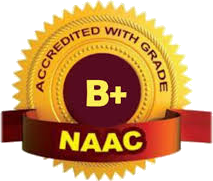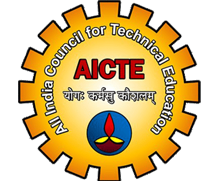
Unnat Bharat Abhiyan (UBA) is a national program implemented by the Ministry of Human Resource Development, Government of India, with a vision of involving professional and higher educational institutions in the development process of rural areas in the country. This program intended to create a framework of sustainable development in rural areas through active social involvement and interventions. MES College Erumely is actively taking part in Unnat Bharat Abhiyan.

Mr. Jithesh K.S
Assistant Professor
Dept. Of Management Studies

Mr. Muhammed Snifas K.S
Student Coordinator
View Reports
Vision
Unnat Bharat Abhiyan is inspired by the vision of transformational change in rural development processes by leveraging knowledge institutions to help and thereby build the architecture of an Inclusive India
Mission
The Mission of Unnat Bharat Abhiyan is to enable higher educational institutions to work with the people of rural India for identifying developmental challenges and evolving appropriate solutions for accelerating sustainable growth. It also aims to create a virtuous cycle between society and an inclusive academic system by providing knowledge and practices for emerging professions and to upgrade the capabilities of both the public and the private sectors in responding to the developmental needs of rural India.
Goals
- To build an understanding of the development agenda within Higher Educational institutes and institutional capacity and training relevant to national needs, especially in rural India.
- To re-emphasize the need for field work, stake-holder interactions and to make societal objectives as the basis of higher education.
- To stress on rigorous reporting and useful outputs as central to developing new professions.
- To provide rural India and regional agencies with access to professional resources of the higher education institutes, especially those that have acquired academic excellence in the field of science, engineering and technology, and management.
- To improve development outcomes as a consequence of this research. To develop new professions and new processes to sustain and absorb the outcomes of research.
- To foster a new dialogue within the larger community on science, society and the environment and to develop a sense of dignity and collective destiny




